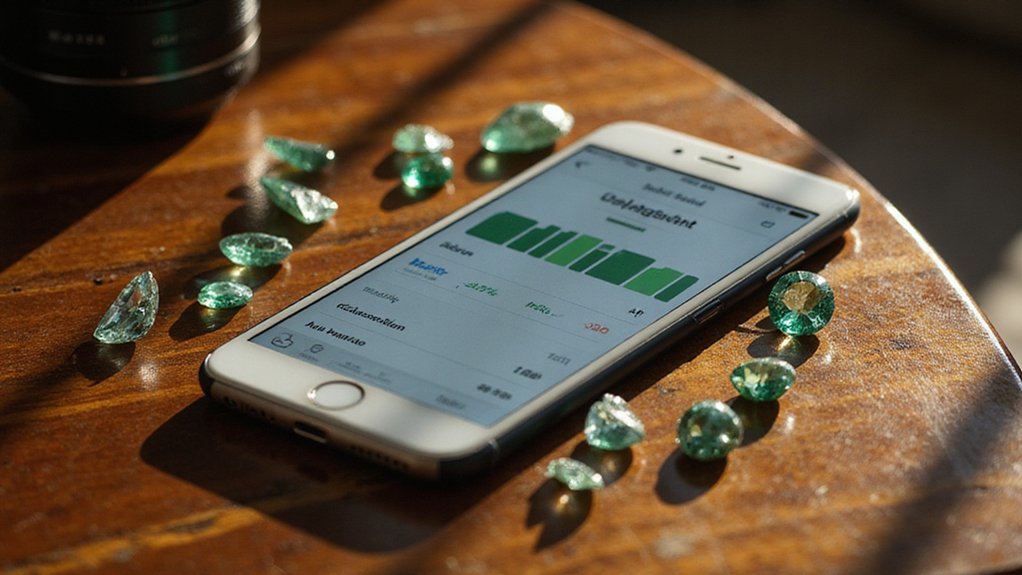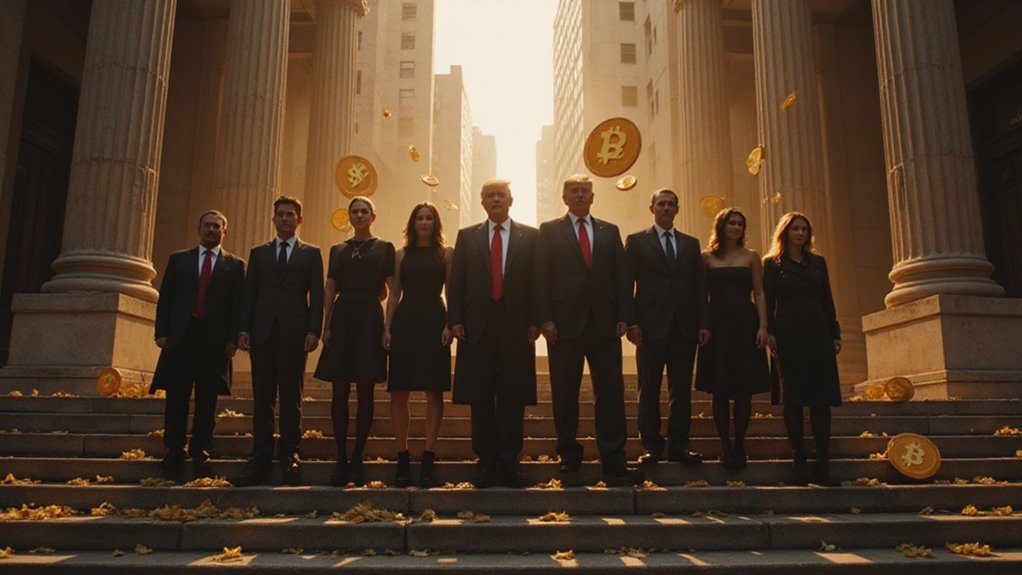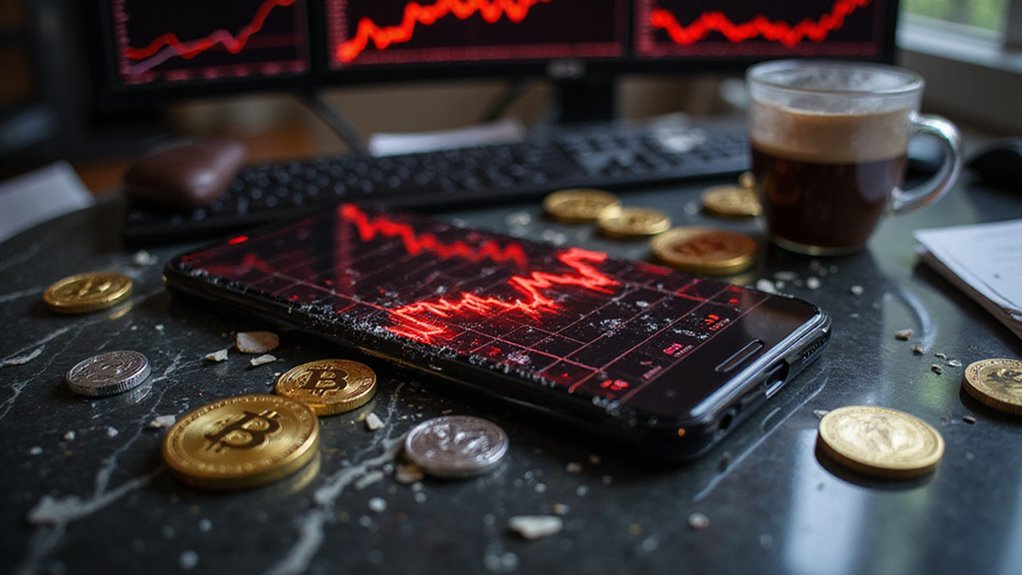While most nations grapple with cryptocurrency adoption rates hovering in the single digits, South Korea has quietly assembled what can only be described as a digital asset juggernaut—one where nearly one-third of the entire population, some 16 million souls, now holds cryptocurrency in portfolios that would make traditional financial advisors reach for their blood pressure medication.
The demographics tell a particularly fascinating story: 27% of South Koreans aged 20 to 50 currently hold cryptocurrency, with the 40s age group leading the charge at 31%—a statistic that delightfully upends Western assumptions about digital asset demographics. These aren’t wide-eyed twenty-somethings gambling with lunch money; these are established professionals treating Bitcoin like a sensible retirement vehicle.
South Korea’s crypto revolution isn’t driven by young speculators—it’s middle-aged professionals building retirement portfolios with Bitcoin.
The numbers backing this phenomenon are staggering. South Korea’s crypto trading volume is forecasted to reach $663 billion in 2025, making it Asia’s best-performing crypto market. Daily trading volumes routinely exceed $12 billion, supported by domestic exchanges like Upbit and Bithumb, while the Korean won has emerged as the second-most-used fiat currency for crypto transactions globally (trailing only the almighty dollar, naturally). The market experienced a significant post-election surge in crypto accounts following the US presidential election in late 2024.
What makes this particularly intriguing is the motivations driving adoption. Among investors in their 50s, 78% cite wealth accumulation as their primary goal, while 53% are using cryptocurrency as part of their retirement planning—a development that would have seemed preposterous just five years ago. Perhaps most remarkably, retail crypto engagement now actually surpasses traditional stock market participation among South Korean investors.
Crypto assets now represent approximately 14% of total financial assets among holders in their 20s to 50s, effectively rivaling traditional asset classes.
The regulatory environment deserves considerable credit for this success. South Korea’s relatively clear legal framework has created conditions where 42% of potential investors would increase their holdings if traditional financial institutions played larger roles. While South Korea dominates the regional crypto landscape, neighboring Japan has also seen significant growth with established exchanges like Coincheck offering Bitcoin, Ethereum, and other major digital assets through user-friendly platforms designed for both beginners and advanced traders.
Government engagement is evident in plans for won-pegged stablecoin launches by South Korean banks by 2026.
Industry forecasts suggest crypto users might reach 20 million by 2025, indicating this isn’t a bubble but rather a sustained change in how an entire nation approaches wealth management. South Korea has fundamentally transformed cryptocurrency from speculative experiment into mainstream financial asset—a alteration that would be remarkable anywhere, but feels almost inevitable in a country that has consistently embraced technological disruption.








